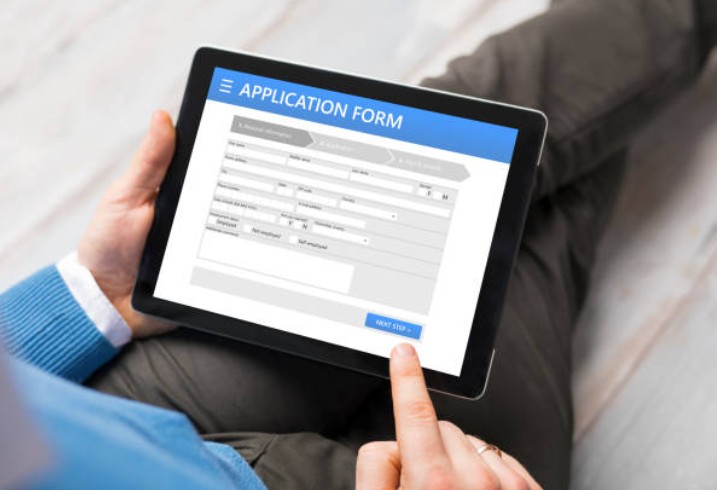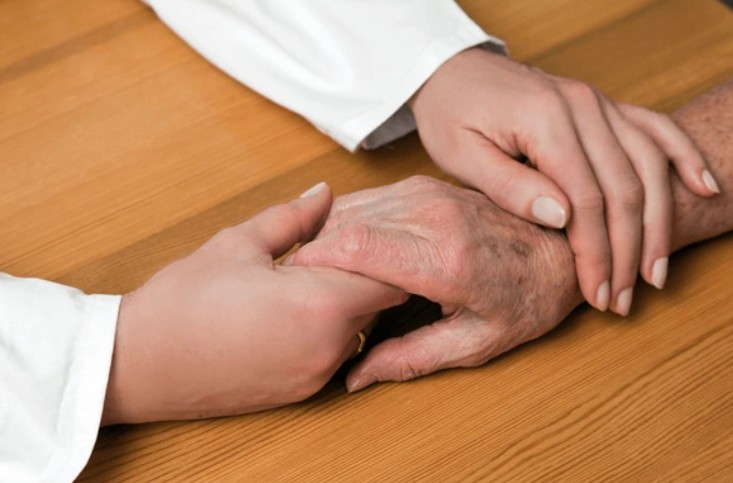Many people in the UK receive Personal Independence Payment (PIP) to help with the extra costs of living with a long-term health condition or disability. But what happens if you also provide care to someone else? Could you be eligible for Carer’s Allowance too? And more importantly—can i claim Carers Allowance for myself on PIP?
This guide answers that exact question and breaks down the rules, exceptions, and real-world implications so you can understand your rights, responsibilities, and options clearly.
What is Personal Independence Payment (PIP) and Who Is It For?

PIP is a benefit provided by the Department for Work and Pensions (DWP) for people aged 16 and above who are living with a long-term illness, physical disability, or mental health condition. The purpose of PIP is to support individuals with the extra living or mobility costs that arise from these conditions.
PIP is divided into two parts:
- Daily Living Component – for help with tasks like washing, dressing, cooking, or managing medications
- Mobility Component – for assistance with moving around or planning, and following journeys
PIP is not means-tested, meaning it doesn’t depend on your income or savings. It’s possible to be working or receiving other benefits while claiming PIP, making it a critical form of support for many disabled people.
What is Carer’s Allowance and Who Can Qualify for It?
Carer’s Allowance is a benefit for people who provide regular, unpaid care to someone with a disability. To qualify, the person you care for must be receiving a benefit such as PIP (Daily Living component), Disability Living Allowance (middle or highest rate), or Attendance Allowance.
As of the 2025/26 tax year, Carer’s Allowance pays £83.30 per week and is taxable. To qualify, you must meet the following conditions:
- Provide 35 hours or more of care per week
- Be at least 16 years old
- Not earn more than £196 per week after tax, National Insurance, and allowable expenses
- Not be in full-time education or training
- Be legally present and habitually resident in the UK
Caring duties could include helping with meals, medication, mobility, personal hygiene, or emotional support.
Can I Claim Carers Allowance for Myself on PIP?
This is a common and important question: Can you claim Carer’s Allowance for yourself if you receive PIP?
The direct answer is no—you cannot claim Carer’s Allowance for caring for yourself, even if you have significant needs and provide your own daily care.
Carer’s Allowance is designed for people who care for another person, not themselves. Even if you struggle with tasks due to a disability or health condition (and receive PIP for that reason), you cannot be both the carer and the person being cared for within the same claim.
However, if you are a PIP claimant and you provide care to someone else, you may still qualify for Carer’s Allowance based on that separate caring role. The benefits system allows you to claim PIP for your own condition and Carer’s Allowance for your care of another individual—as long as all eligibility criteria are met.
Can I Get Carer’s Allowance if I’m on PIP and Care for Someone Else?
Yes, absolutely. If you are receiving PIP because of your own needs but you also provide at least 35 hours of care per week to someone else who receives a qualifying benefit, you may be able to claim Carer’s Allowance.
However, you must still prove that:
- Your health allows you to carry out consistent caring duties
- The care you provide is substantial and regular
- You are within the earnings limit and not in full-time education
- The person you care for receives a qualifying disability benefit
This arrangement is more common than many people realise. For example, a parent who has a disability may receive PIP but still care for their child who has additional needs—and claim Carer’s Allowance for that care. Or a person with limited mobility might be able to provide emotional or cognitive support to a partner, friend, or relative.
The DWP may scrutinise how someone on PIP can also provide full-time care. In such cases, it’s important to clearly explain how your own needs are managed while caring for another person—especially if your PIP claim describes significant difficulties in daily tasks.
What Should I Know About Potential Conflicts in Claims?

If you’re applying for Carer’s Allowance while receiving PIP, it’s essential to ensure that the two claims do not contradict each other.
For example, if your PIP award states that you struggle to complete basic tasks independently, but you claim that you’re providing 35 hours of care to someone else, this could raise concerns during a benefit review or renewal. That doesn’t mean your claim is invalid—but you’ll need to show how your condition still allows you to meet your caring responsibilities.
Be honest and accurate in both applications. If you’re able to care for someone with support tools, at certain times of day, or with breaks, say so. Consistency between your claims is key to avoiding complications.
Could Claiming Carer’s Allowance Affect My Other Benefits?
Yes, claiming Carer’s Allowance can have an impact on other benefits, either for you or the person you care for.
For You:
- Carer’s Allowance is counted as income. If you receive means-tested benefits like Universal Credit or Income Support, it may affect your total award.
- You may become eligible for a Carer Premium (up to £42.75/week) or Carer Element in Universal Credit.
For the Person You Care For:
- If they receive a Severe Disability Premium (SDP) as part of another benefit, they will lose it if someone claims Carer’s Allowance for looking after them.
- They won’t lose their PIP, but some related entitlements might change.
Always check the impact using a benefits calculator or by speaking with an adviser at Citizens Advice or Carers UK before applying.
How Do I Apply for Carer’s Allowance if I’m Also on PIP?

To apply for Carer’s Allowance, you’ll need:
- Your National Insurance number
- Details of the person you care for (including their date of birth and National Insurance number)
- Information about your income and any current education/training
- Bank or building society details
You can apply:
- Online through GOV.UK (the fastest method)
- By phone via the Carer’s Allowance Unit
- By post, using the DS700 form (available on request)
Your claim can be backdated up to three months, provided you met all conditions during that period.
What if I Live in Scotland?
If you live in Scotland, Carer Support Payment is being rolled out to replace Carer’s Allowance. While eligibility is similar, the application process and supplementary support may differ.
You can find the most accurate information by visiting the Social Security Scotland website.
Final Thoughts: Should You Claim Carer’s Allowance While on PIP?
In summary:
- No, you cannot claim Carer’s Allowance for caring for yourself—even if you are disabled and receive PIP.
- Yes, you can claim both PIP and Carer’s Allowance if you care for another person and meet all eligibility criteria.
- Be transparent and consistent across all your claims to avoid issues during assessment or review.
- Understand how this decision may affect your own or someone else’s means-tested benefits.
Claiming the right benefits can be life-changing. If you’re unsure, get personalised advice from a reputable welfare rights service to help you make the best decision for your situation.

Leave a Reply